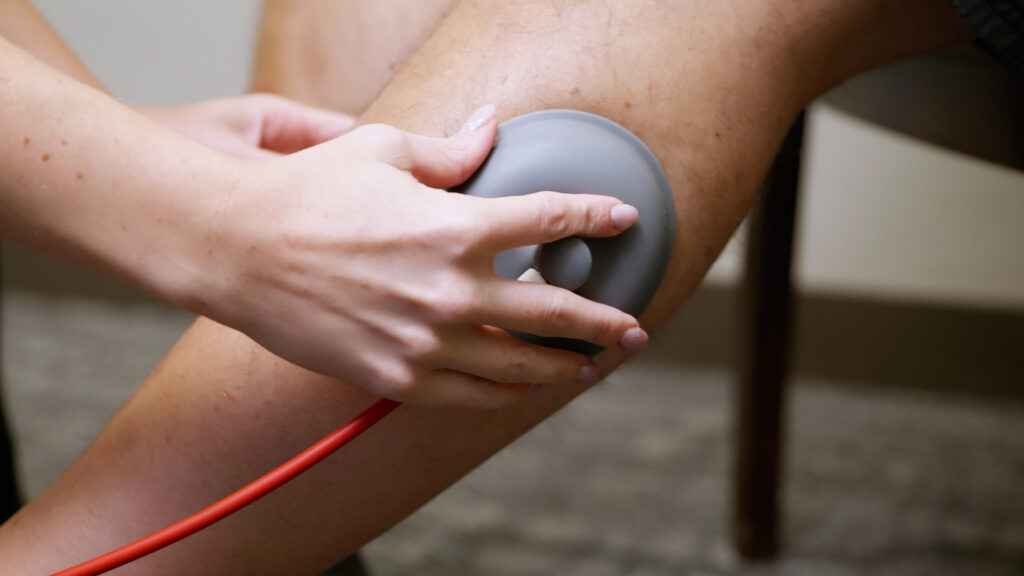Transforming Lives: The Fresh Hope of Nerve Disorder Investigations
Peripheral neuropathy, an ailment characterized by injury to the peripheral nervous system, has long been a source of suffering for numerous people around the planet. Patients often suffer from discomfort, loss of feeling, and weakness, which can severely impact their well-being. Traditionally, therapeutic options have been restricted, leaving many to pursue relief in therapies that only reduce symptoms without addressing the root causes. However, cutting-edge research in recent years is beginning to reveal the intricacies of neuropathy, offering fresh possibilities to those suffering.
As scientists explore deeper into the mechanisms behind nerve injury and regeneration, breakthrough discoveries are arising that are set to transform how we understand and treat neuropathy. Developments in stem cell therapy, DNA treatment, and nervous system protectors are exhibiting capabilities in repairing nerve injury and encouraging healing like never before. The effects of these advancements are far-reaching, signaling a horizon where individuals living with this condition can reclaim their autonomy and find relief from the debilitating effects of this condition.
Comprehending Neuropathy
Nerve damage, a phrase that includes a collection of nerve disorders, primarily affects the surrounding nervous system. This system is responsible for transmitting messages between the central nervous system and the rest of the body, and when these pathways are injured, it can lead to a range of indications. Patients often experience pain, numbness, loss of sensation, and weakness, which can considerably impact their daily lives. Understanding neuropathy is crucial for effective identification and treatment, as its fundamental origins can vary significantly from diabetic conditions to infections and even hereditary disorders.
One of the frequent forms of nerve damage is nerve damage due to diabetes, which affects individuals with diabetes over time. High blood sugar levels can lead to nerve degradation, causing suffering and potentially leading to serious complications if left untreated. However, not all neuropathies are linked to sugar issues; many patients may suffer from idiopathic neuropathy, where the specific reason remains unidentified. This difficulty makes neuropathy a difficult condition to treat, necessitating continual study into reliable therapies and interventions.
Recent advancements in nerve damage research have created opportunities fresh therapeutic options that hold promise for improving the standard of life for affected individuals. Research are investigating novel medications, physical therapies, and habitual changes aimed at alleviating problems and addressing the root causes of nerve damage. As scientists continue to dive deeper into the functions of nerve disorders, there is growing hope that discoveries could lead to more efficient and specifically focused treatments that revolutionize the lives of those affected by this condition.

Latest Progress in Research
New research in nerve disorder research have discovered new methods to grasping and addressing this complex disorder. Scientists are employing state-of-the-art techniques such as genetic editing and sophisticated visualization to investigate the fundamental processes of this condition. By identifying the particular DNA alterations and chemical pathways involved, scientists are laying the way for targeted treatments that can potentially reverse nervous system damage and ease pain.
One of the most exciting areas of research involves the development of restorative therapies. Stem cell treatment has shown promise in initial medical trials, with researchers proving the power to promote nervous system regeneration and restore functionality in impacted individuals. Additionally, new medication formulations are being tested to improve nervous system signaling and mitigate pain, offering hope for those suffering from long-lasting nerve-related pain.
Furthermore, developments in personalized healthcare are transforming the therapy landscape for neuropathy. By using biological indicators and individual patient data, healthcare providers can customize interventions to satisfy the unique requirements of every individual. This personalized method not only boosts effectiveness but also minimizes the risk of negative reactions, making it a vital progress ahead in the effort to transform lives impacted by neuropathy.
Future Directions and Hope
As the study of neuropathy progresses, scientists hold a growing optimism about creating better treatments. An exciting field emerging is the exploration of regenerative medicine, which aims to repair or replace injured nerves. Techniques such as stem cell treatments and gene manipulation hold the potential to not only alleviate symptoms but also revitalize nerve activity in patients suffering from various types of neuropathies.
Moreover, the role of personalized medicine is gaining traction in neuropathy research. By utilizing genetic information and biological markers, treatments can be customized for the individual needs of patients. This approach enhances the chance for improved results and fewer side effects, ultimately improving the living standards for patients. Researchers are looking into the effect of lifestyle choices, such as food choices and fitness, on neuropathy, potentially offering holistic strategies alongside standard treatment options.
The emergence of cutting-edge tools, including smart wearables and telemedicine, offers fresh paths for managing neuropathy. These technologies can enable continuous monitoring of symptoms and offer real-time evaluations for healthcare providers. With ongoing dedication and partnership among researchers, clinicians, and patients, the future of neuropathy treatment appears promising, bringing hope for those who are suffering from this challenging condition.